Three new years, one new me
This new year, I reflect on my culture and what my heritage means to me.
Los Angeles’ Little Tokyo just before the new year began.
January 14, 2023
LOS ALAMITOS, CA – My biggest pet peeve is when people wish me a happy “New Years.” We’re only in one new year, why would you wish me multiple? Talking with my mom about it, I realized that I actually do celebrate more than one New Year. In fact, I celebrate the New Year three different times.
The first is the American New Year. It’s an annual tradition for my immediate family to host a big New Year’s Eve party; we get together with family and friends to do all the natural American New Year traditions: We play party games, stay up late, and watch the New York ball drop at midnight with shouts of “Happy New Year!”
The next day, though, I celebrate Oshogatsu. Oshogatsu is the Japanese New Year, one of the most important holidays in Japan. On Oshogatsu, I wake up to the smell of baked mochi and mouth-watering dashi broth. My mom makes ozoni, a traditional Japanese soup that is eaten on New Year’s day; the soup is said to bring good luck for the coming year. Although my family doesn’t practice every traditional Japanese New Year practice, I still enjoy starting off every year with a reminder of my culture.
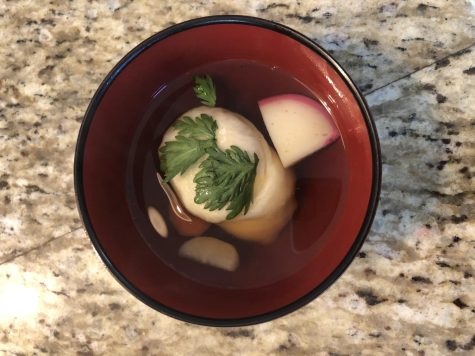
The final New Year holiday comes weeks later, and the date changes every year. The Lunar New Year is one of my favorite holidays. I don’t know much about my Chinese heritage, but the Lunar New Year provides me with an opportunity to connect with myself annually. During the first day of the Lunar New Year, my immediate family gets together for a Chinese feast. I receive hongbao from my relatives, which are more commonly known as red envelopes in the United States. When I was little, my oma and papa used to take my brother and me to a Lunar New Year festival. They gifted us traditional Chinese outfits, and together we would watch an incredible dragon dance.
To me, the new year has always been everything I just detailed: Cardinal red envelopes, mouth-watering ozoni, and quality family time. This year, though, the new year has provided me with self-reflection. Thinking about the ways in which I celebrate my culture and the new year at the same time has also prompted me to think about how my culture affects my life as a whole.
Oftentimes I look at myself and feel like I’m not “Asian enough.” Yes, biologically I’m Asian; my dad was born in Indonesia, and my ancestors come from Japan and China. But look at me: I’m seventeen years old, I speak limited, broken Japanese, and I know almost nothing about my Chinese heritage. Can I really say that I’m a part of Asian culture?
Celebrating every aspect of my heritage in such close proximity during the new year reminds me that I’m proud of my Asian heritage, and just because I don’t know everything yet doesn’t mean I never will. I’m going to take my time.
I don’t think anyone should feel obligated to learn everything right away; cultural awareness is the backbone of who we are as people, and knowing your own culture is arguably one of the most important things of all. Some are more closely connected to their ancestry than others. Every person’s culture is different; my new year’s customs teach me the beauty of my culture, so my resolution is to keep exploring who I am with each new year.
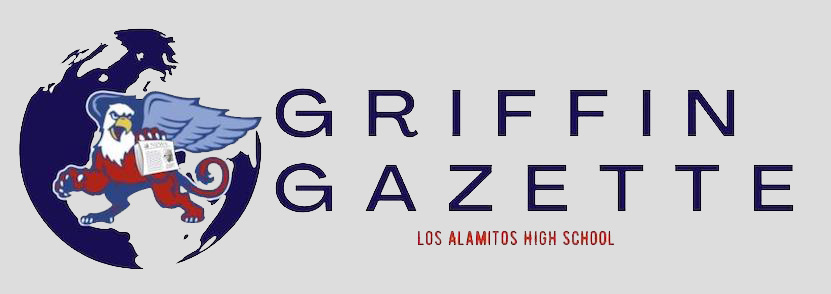
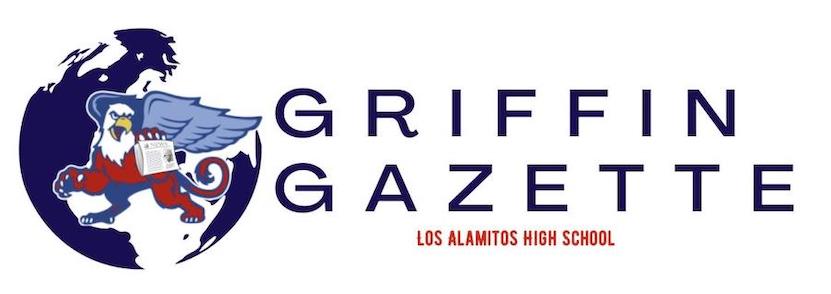
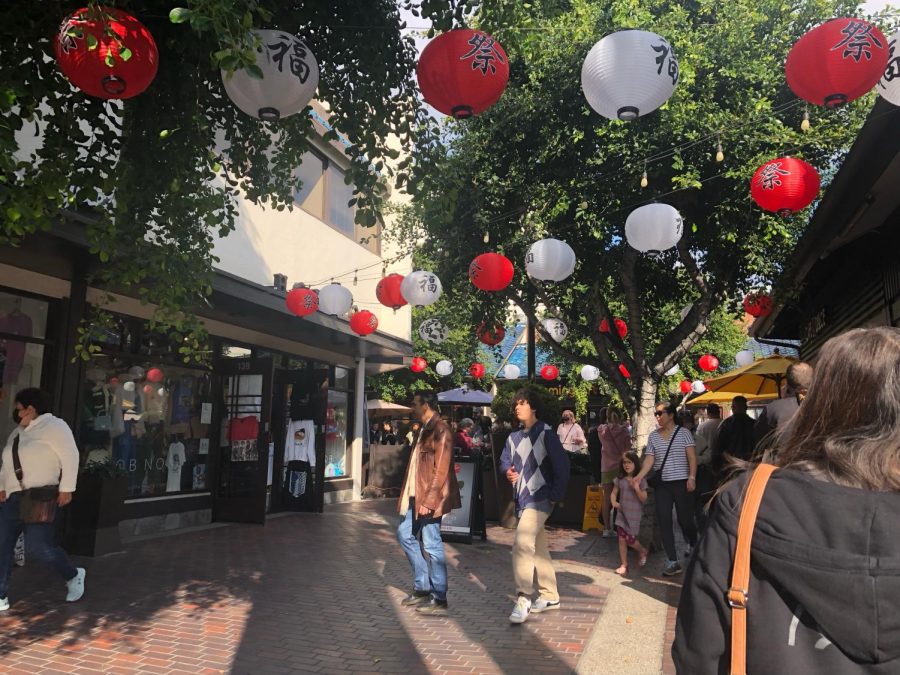
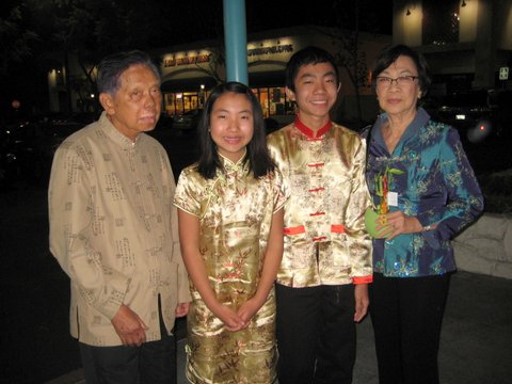
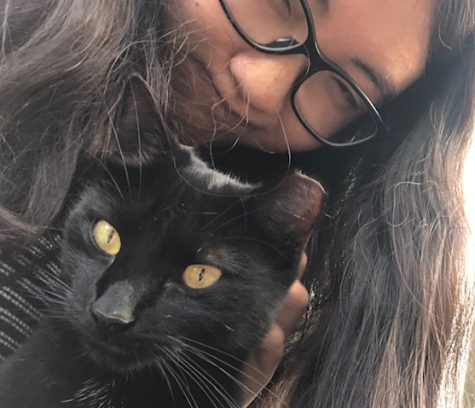
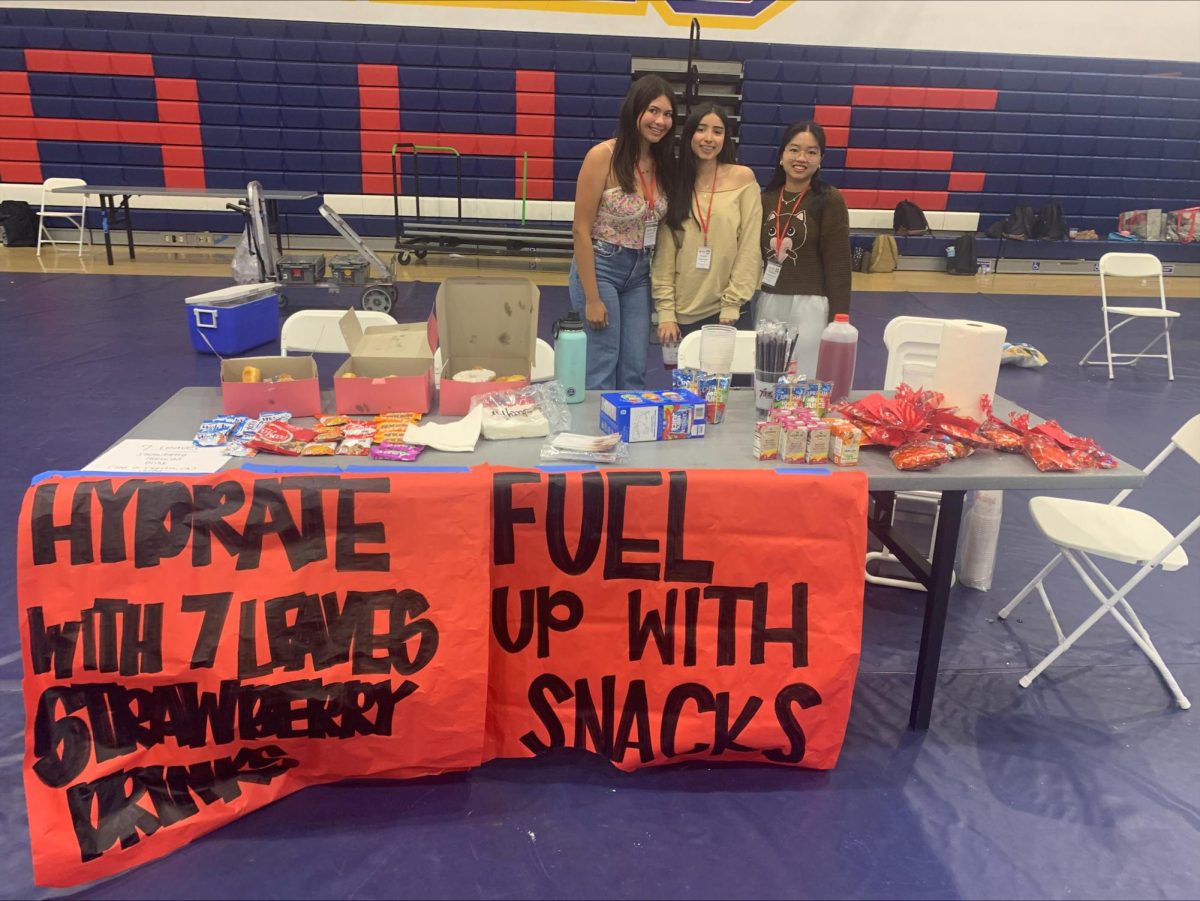
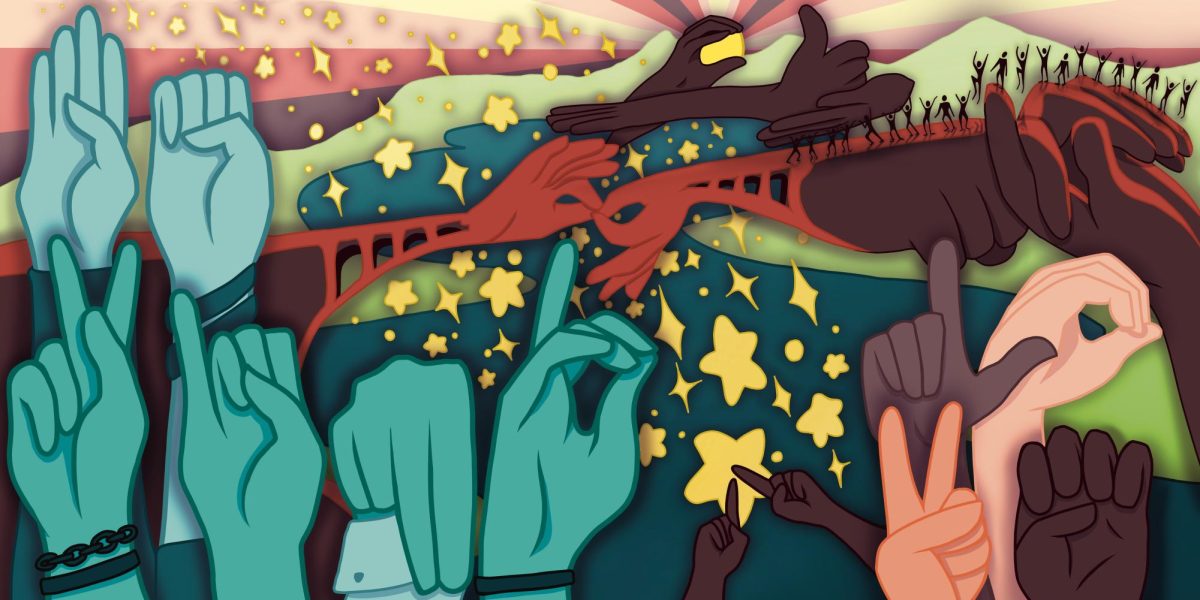

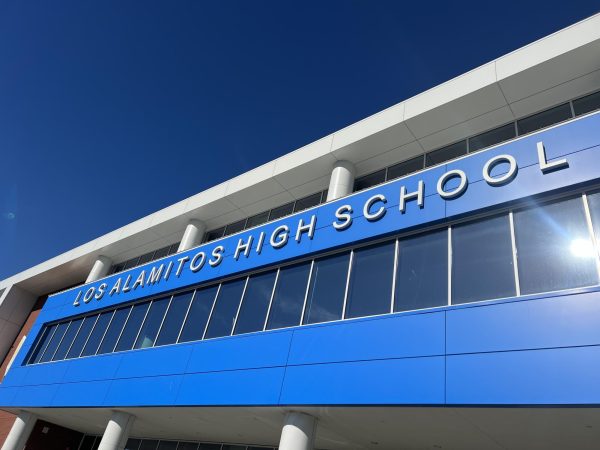
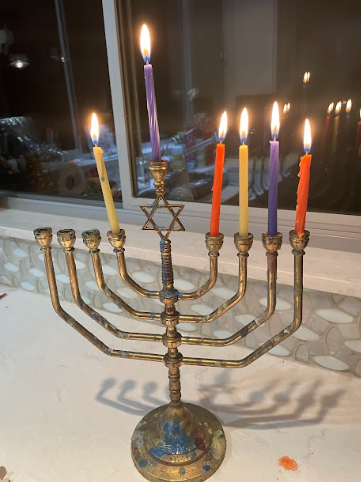
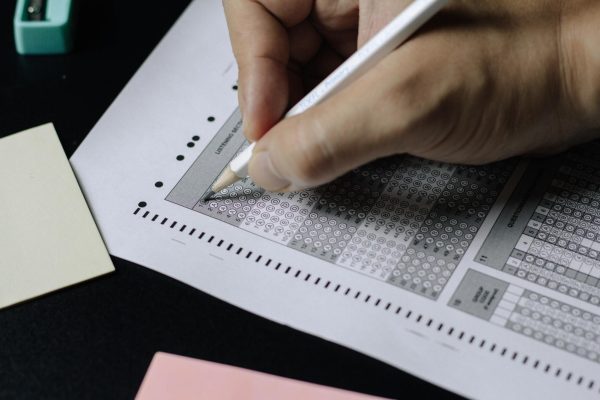
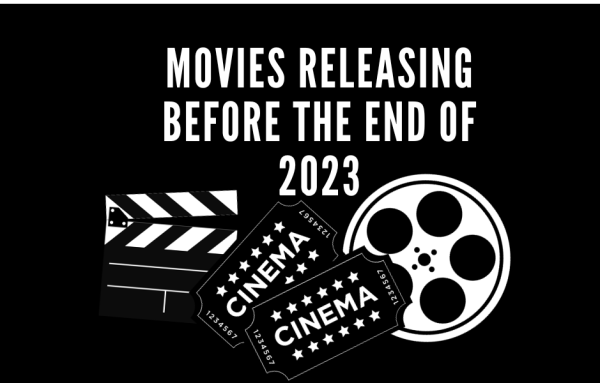
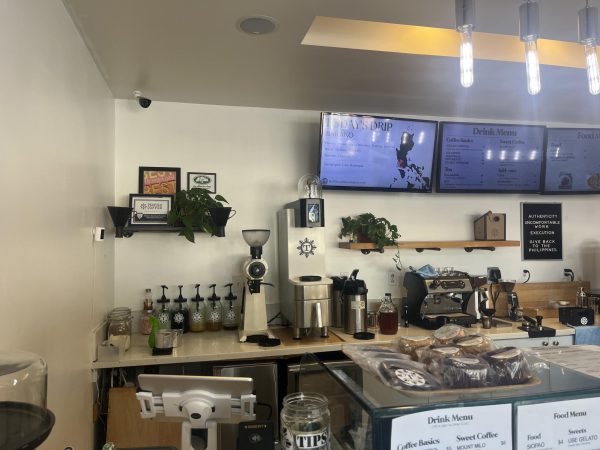
Katie A. • Jan 17, 2023 at 12:27 pm
I love this article! It’s an inspiring read with fascinating details that I never knew!